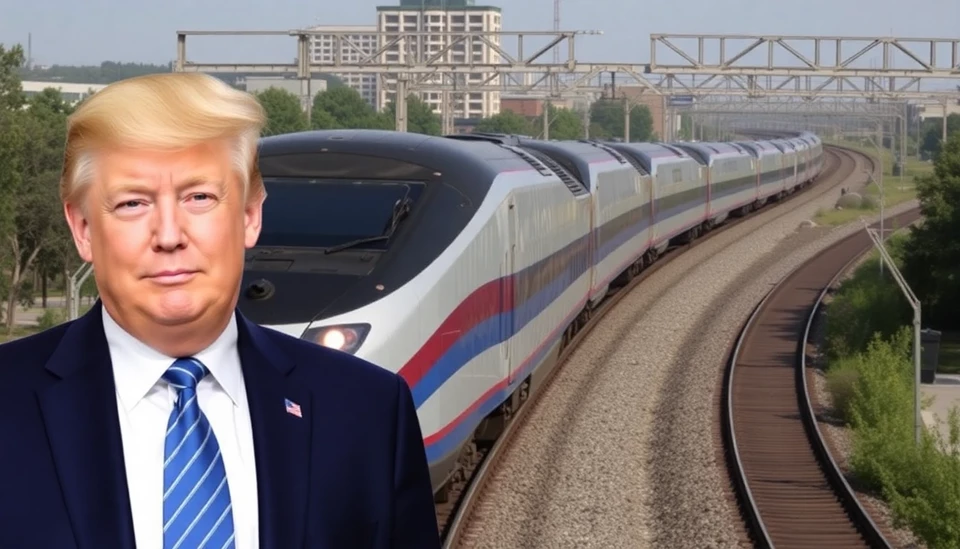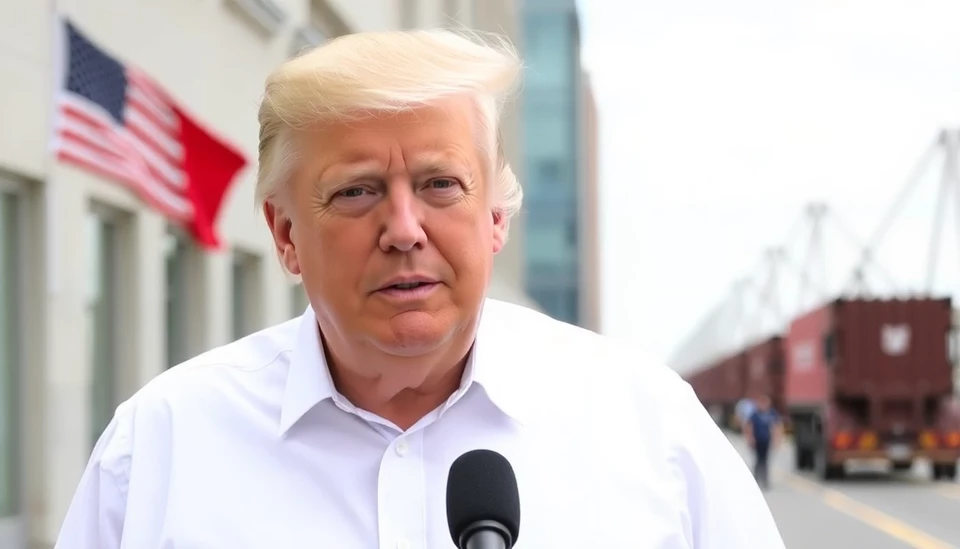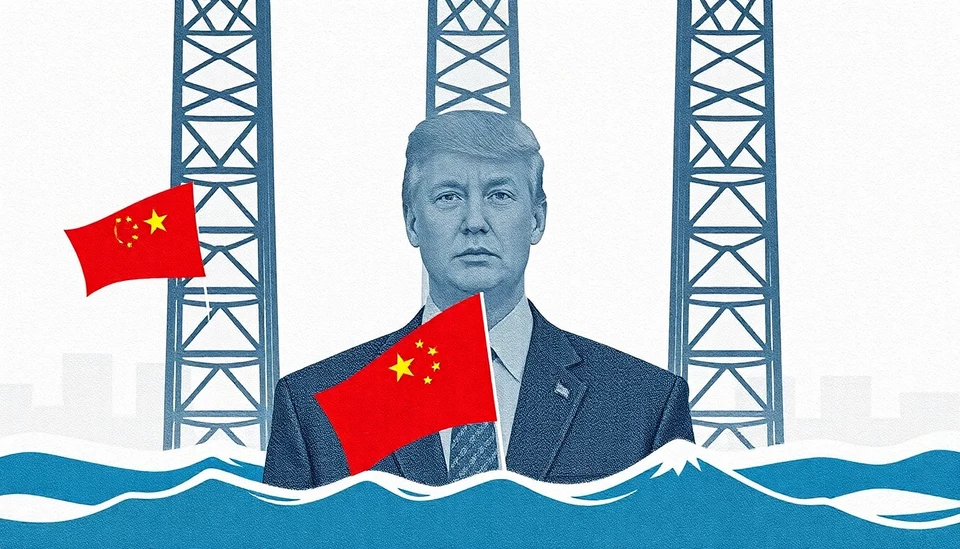
In a significant move that is set to reshape the transportation landscape in Texas, the Trump administration has announced the withdrawal of federal funding previously allocated for Amtrak and a proposed high-speed rail project connecting key cities in the state. This decision has sparked concerns among transportation advocates who view high-speed rail as a viable solution to address traffic congestion and improve intercity connectivity.
The funding cuts, which were revealed in a recent budget proposal from the administration, come in the wake of ongoing debates about the future of transportation infrastructure in the United States. Specifically, the budget proposal indicates a shift in priorities away from public transit projects, focusing instead on highway and freight rail initiatives. Transportation Secretary Elaine Chao emphasized that the government's aim is to promote private investment in infrastructure while reducing federal financial commitments.
The Texas high-speed rail project has been lauded by many as a forward-thinking endeavor that could greatly benefit commuters and reduce travel times between major urban centers like Dallas and Houston. However, the latest budget changes highlight the challenges that remain as private investors grapple with funding obstacles. Proponents of the project argue that the withdrawal of federal grants could stifle progress, making it harder to attract additional investments necessary to move the project forward.
In terms of Amtrak, the cuts will adversely affect services that many rely on, especially those in states where rail travel serves as a major alternative to automobile and air travel. Critics of the funding termination argue that reducing investment in rail infrastructure not only diminishes options for passengers but also undermines efforts to promote environmentally-friendly transportation solutions. Rail services are often seen as a critical component in reducing carbon emissions and managing urban sprawl.
Reactions from Texas lawmakers have been mixed, with some expressing outrage at the decision, while others are supportive of the administration's focus on different transportation priorities. Governor Greg Abbott stated that the emphasis should remain on improving infrastructure to ensure that Texas remains competitive and attractive for businesses. Nevertheless, the potential long-term implications of abandoning support for high-speed rail are beginning to raise eyebrows regarding the state's commitment to sustainable transportation development.
Ultimately, the decision to cut funds for high-speed rail and Amtrak in Texas reflects a larger trend in transportation policy under the current administration, which appears to favor private sector solutions over federal funding. The ongoing debates regarding transportation funding will likely intensify as more stakeholders voice their concerns about the future of rail travel in Texas and across the country.
As the situation evolves, many will be keeping a close eye on how these funding cuts impact public transport options, commuter habits, and the lengthy discussions surrounding infrastructure investment in the years to come.
#TrumpAdministration #TransportationCuts #TexasHighSpeedRail #AmtrakFunding #Infrastructure #PublicTransit #EnvironmentalImpact #TransportationPolicy #FederalFunding
Author: Victoria Adams




